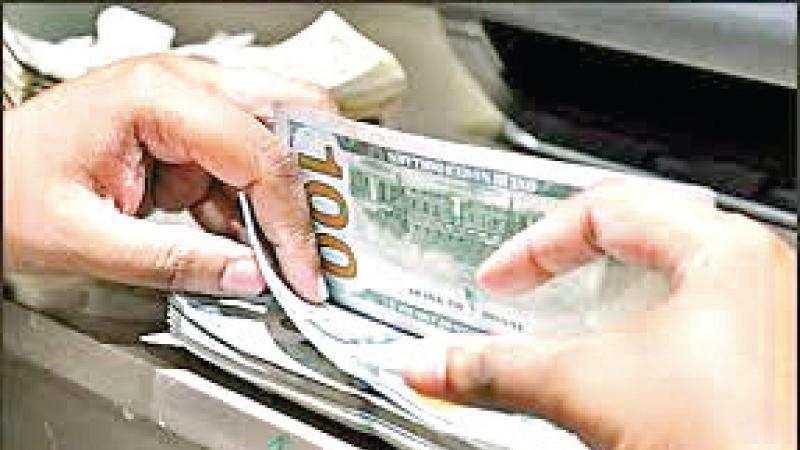
In his latest statement on Sri Lanka, IMF Mission Chief for Sri Lanka, Masahiro Nozaki said the IMF is concerned about the economic crisis in Sri Lanka and hardships suffered by the people, especially the poor and vulnerable and is monitoring political and economic developments very closely.
“We received a request for an IMF-supported program from the authorities, and have started technical-level engagement with teams at the Ministry of Finance and the Central Bank,” Nozaki said.
“We commit to assisting Sri Lanka consistent with our policies, and will engage in discussions on a possible program with senior policymakers in the coming days and weeks,” the mission chief said.
The international lender previously stated: Sri Lanka faces “solvency” issues because of risks stemming from unsustainable debt levels that jeopardise the nation’s economy.
“Based on staff analysis, the fiscal consolidation necessary to bring debt down to safe levels would require excessive adjustment over the coming years, pointing to a clear solvency problem,” the IMF said in its Article IV consultation report, released last month in Washington.
The full report provides further analysis of the country’s debt and finances. A summary of the report released earlier in the month said Sri Lanka faced unsustainable debt levels and needed a “credible and coherent” strategy to restore stability. The country’s “debt overhang,” along with persistent fiscal and balance-of-payments shortfalls, “will constrain growth and jeopardise macroeconomic stability in the near and medium term,” the report stated.
“Rollover risk is very high,” the IMF stated. “FX debt service needs of $7 billion each year will require access to very large amounts of external financing at concessional rates and long maturities, sustained over many years.”
The Article IV staff report stated: Covid-19 severely hit the economy, causing a loss of tourism receipts and necessitating several strict lockdowns. Pre-pandemic tax cuts and the impact of Covid-19 led to fiscal deficits larger than 10 percent of GDP in 2020 and 2021 and a rapid increase in public debt to 119 percent of GDP in 2021. Sri Lanka’s access to international capital markets was lost in 2020, prompting a decline of international reserves to critically low levels and large-scale direct lending to the government by the Central Bank of Sri Lanka (CBSL). External debt repayments and a widening current account deficit have led to foreign exchange (FX) shortages, while the official exchange rate has been de facto fixed since April 2021. Inflation is on the rise, reaching double digits in December 2021, reflecting imported inflation, supply shocks, and a pickup in domestic demand amid loose monetary policy.
President Gotabaya Rajapaksa has appointed Dr. Indrajit Coomaraswamy, Prof. Shanta Devarajan and Dr. Sharmini Cooray to advise the President and provide guidance to Sri Lankan institutions and officials that will engage with the International Monetary Fund (IMF) to resolve the country’s debt crisis.
